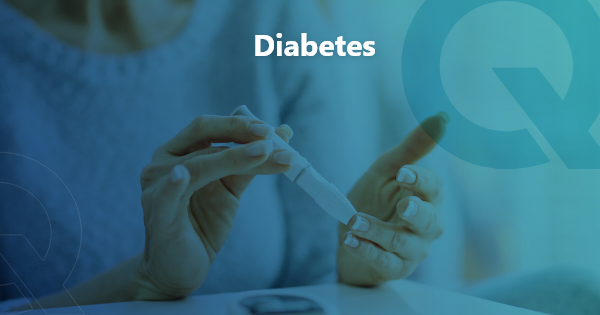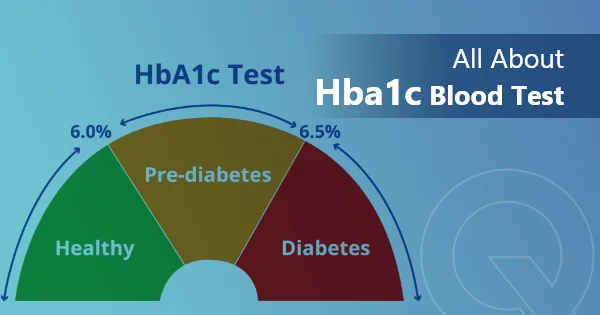What is the seriousness of diabetes in India?
Diabetes is a health challenge that slowly is taking form of an epidemic. This is very much true for third world countries like India. We rank at number 2 spot with 74 million patients with diabetes: according to a report for International Diabetic Federation (IDF). China takes the number one spot with 141 million.
The report also adds that more than 40 million people in India have impaired glucose tolerance (IGT) which means they are at high risk of developing type 2 diabetes. By 2030, the number of diabetics is expected to reach 100 million.
The prevalence of diabetes between the age of 20-79 years in India (IDF 2019 data) is 8.9 %.
This data clearly reflects the impending implosion waiting to happen as long-term effects of diabetes involves multiple organs and treatment cost increases do tend to increase with time.
How ready or unprepared is India’s healthcare infrastructure to deal with this challenge?
The Diabetes “epidemic” in India has a potential to have long-lasting side effects on a health and economy. In India there are several socioeconomic and political factors that hinder in the management of diabetes.
Lack of proper awareness about diabetes as a disease, absence of healthcare infrastructure more so in rural areas. A poor post covid economy, nonadherence to treatment and many local cultural factors are a few of the challenges in diabetes care in India.
The high cost incurred at various steps of screening, diagnosis, monitoring, and management hinders effective management of this disease.
On another note, the diabetes care market in India is expected to reach about $60 billion in the next 10 years, from approximately $17 billion in FY2021.
What should India do to deal with the diabetes challenge?
India should implement strong and effective programs that has ease of accessibility especially so for the rural population.
There should be incentives for people who come forward and get tested and subsidised/ free clinics for the patients as is present with other infectious diseases.
Health professional play a pro active role in diagnosis and compliance; they need keep themselves updated and educate patients.
Dr. Sushrut Pownikar
HOD- Quality Assurance & Lab Medicine
Oncquest Laboratories


![Blood Test for Hair Loss [Male/Female] Blood Test for Hair Loss](https://oncquest-blog.s3.ap-south-1.amazonaws.com/blog/wp-content/uploads/2023/12/12044200/Blood-Test-for-Hair-Loss.webp)


